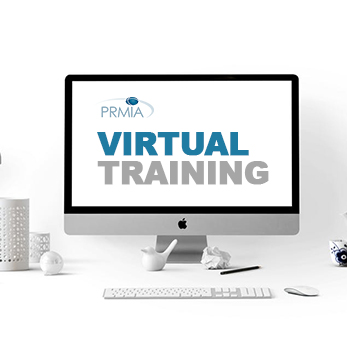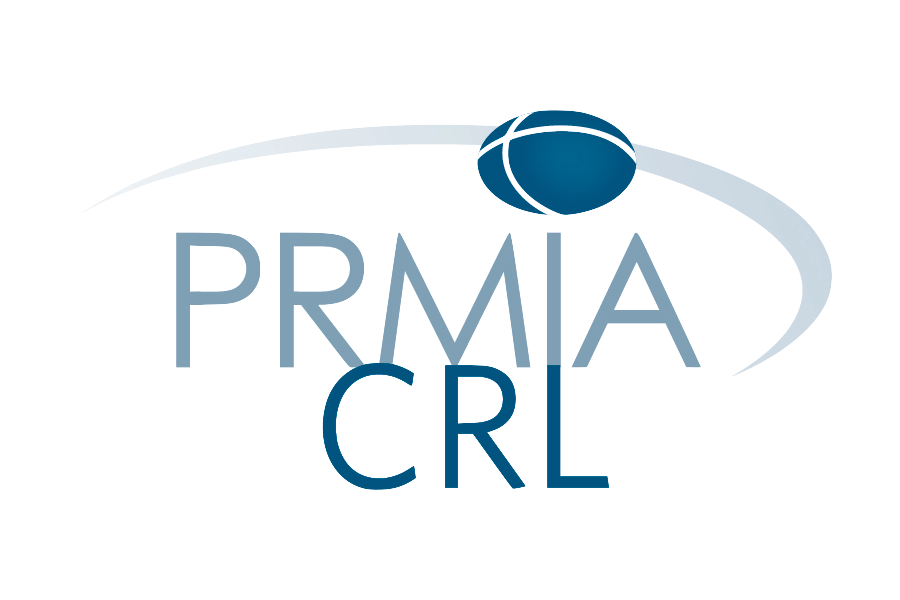Advanced Operational Risk Series

Designed and delivered by a world leading expert in the field, the course is a must-have for all the operational risk practitioners wishing to benchmark their practice and a fantastic opportunity to gain a comprehensive overview of what modern operational risk managers need to know. Eight Sessions.
Presented by Ariane Chapelle, PhD
Wednesdays, February 28-April 18, 2018
On-demand access begins at 10:00 am ET
Session length: 60 minutes
About This Course:
In this advanced level webinar, Ariane Chapelle will cover the different risk management frameworks currently used in the industry, highlighting the benefits of new contributions such as the revised ERM COSO framework. She will also discuss the importance of a risk taxonomy that extends to causes, controls and impacts, as well as highlighting the links between various risks, for a representation of their interdependence and connectivity, rather than a single list.
Designed and delivered by a world leading expert in the field, the course is a must-have for all the operational risk practitioners wishing to benchmark their practice and a fantastic opportunity to gain a comprehensive overview of what modern operational risk managers need to know.
Who Should Attend:
Heads of Operational Risk; Enterprise Risk Managers; Operational Risk Managers; Internal Auditors; Compliance officers; Consultants; Regulators; Team members who have taken one of our ORM courses and/or passed the ORM exam and are looking for advanced level training.
How It Works:
Register to attend all eight sessions in this advanced operational risk series or mix and match to fit your schedule by selecting individual courses from our catalog. Each course will be available for a 24-hour period on the starting date and time, to accommodate your schedule and time zone. During the session you will have the opportunity to submit questions to Ariane. She will prepare a customized response to you within 72-business hours. Questions must be submitted during the 24-hour open course period. Included in your purchase is access to the recording for 60 days following the original course date and a PDF of the course handouts.
Registration Fee for the Series:
Sustaining Member $569 |Contributing Member $639 |Non-Member $719
Sessions in this Series:
Session 1, February 28: Framework and Taxonomy for Operational Risk
The session reviews the different risk management frameworks currently used in the industry, highlighting the benefits of new contributions such as the revised ERM COSO framework. Next, the session discusses the importance of a risk taxonomy that extends to causes, controls and impacts, as well as highlighting the links between various risks, for a representation of their interdependence and connectivity, rather than a single list.
Session 2, March 7: Risk Appetite Statements and Tolerance Limits
Risk appetite is the foundation of any consistent framework. This session reviews the best practices for structuring, cascading and communicating risk appetite statements. Based on years of practical experience, this session presents cases, examples and suggestions to define sound risk appetite statements in firms.
Session 3, March 14: A Modern Representation of RCSAs (risk and control self assessments
Risk registers and RCSA have been around in the industry since the beginning of operational risk. Simple in appearance, the tool requires strict methodology and guidance to be applied consistently and to deliver useful information; this session explains how. Addionally, the session reviews essentials of control design and control testing.
Session 4, March 21: Scenario Analysis: Simple Method for Quantifying Rare Events
Scenario analysis is critically important in risk, both for management and measurement. Quantification of rare events does not have to be guess-work and does not necessarily require heavy quantive background. The session explains how, in a few simple steps, scenario assessement can be decomposed into a useful discussion about exposure, control layers and points of failures, for better mitigation and more robust quantification.
Session 5, March 28: Six Steps to Define and Design Preventive KRIs
Preventive KRIs are metrics of risk drivers. Once we know the causes of a risk, identifying KRIs is easy. This session presents tools and technique to identify and select KRIs, before detailing how to design KRI dashboards and the different alternative to select relevant threshold. KRI governance and reporting will also be discussed.
Session 6, April 4: Operational Risk Management for Projects
Project and changes are common place in the financial industry. It is only recently that project risk is explictly included in the operational risk management scope. Yet, the coordination between the risk function and the project management teams are not always straight-forward. Based on practical succesful experiences, this session suggests framework and policy rules to assess and address operational risk on corporate projects.
Session 7, April 11: Information Security Assessment and Essentials of Cyber Protection
Cyber risk is voted top risk for the financial industry for three years in row. This session explains how the same risk management framework can be applied to cyber risk and, more generally, to information security risk assessement. Based on real case studies, it presents a taxonomy for information security risk, essentials of assessement and the key elements of mitigation of cyber and information risk.
Session 8, April 18: Conduct and Culture: Measurement and Management
Culture – or risk culture – is measurable as long as one defines an target objective. Inspired by the Influencer methodology and based on practical conduct and culture assignements, this sessions presents practical ways to approach and influence risk culture in an organisation, as well as most of the common metrics to monitor good conduct in financial companies.
About Our Expert:
Ariane Chapelle has a PhD in Economics and is active in operational risk management since 2000, with experience acquired in managerial functions in ING Group and Lloyds Banking Group. Ariane Chapelle runs since 2006 her own training and consulting practice in risk management. Her clients are made of top tier financial organisations including AVIVA, AXA Bank Europe, HSBC, SWIFT. Dr. Chapelle is Honorary Reader at the University College London in Operational Risk, Fellow of the Institute of Operational Risk and member of the editorial board of the Journal of Operational Risk. She has been a columnist for Risk magazine and advisor to the Risk Management Unit of the International Monetary Fund. She recently published "Reflections on Operational Risk Management," the collection of her 28 articles on the topics, with Risk Books in June 2017.

Continuing Risk Learning Credits: 8
PRMIA Continuing Risk Learning (CRL) programs provide you with the opportunity to formally recognize your professional development, documenting your evolution as a risk professional. Employers can see that you are not static, making you a highly valued, dynamic, and desirable employee. The CRL program is open to all Contributing, Sustaining, and Risk Leader members, providing a convenient and easily accessible way to submit, manage, track and document your activities online through the PRMIA CRL Center. To request CRL credits, please email [email protected].